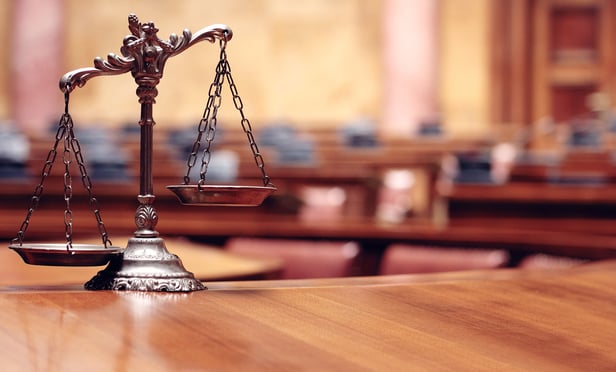It is no secret that jurists across the state have made headlines recently for conduct ranging from immoral and impartial to downright illegal. With the most recent events on the bench in the Supreme Court of Pennsylvania, in the Philadelphia Traffic Court system and in Philadelphia Municipal Court, one must wonder how we fix this current state of dishonor. After all, Canon 1 of the Code of Judicial Conduct says, “A judge shall uphold and promote the independence, integrity, and impartiality of the judiciary, and shall avoid impropriety and the appearance of impropriety.”
The impartiality of the courts is crucial to the fair administration of justice. But how can judges truly be impartial if their road to the bench is paved with favors, fundraising and political agendas? To analyze the situation, one must become familiarized with the process of becoming a justice.
This content has been archived. It is available through our partners, LexisNexis® and Bloomberg Law.
To view this content, please continue to their sites.
Not a Lexis Subscriber?
Subscribe Now
Not a Bloomberg Law Subscriber?
Subscribe Now
LexisNexis® and Bloomberg Law are third party online distributors of the broad collection of current and archived versions of ALM's legal news publications. LexisNexis® and Bloomberg Law customers are able to access and use ALM's content, including content from the National Law Journal, The American Lawyer, Legaltech News, The New York Law Journal, and Corporate Counsel, as well as other sources of legal information.
For questions call 1-877-256-2472 or contact us at [email protected]



